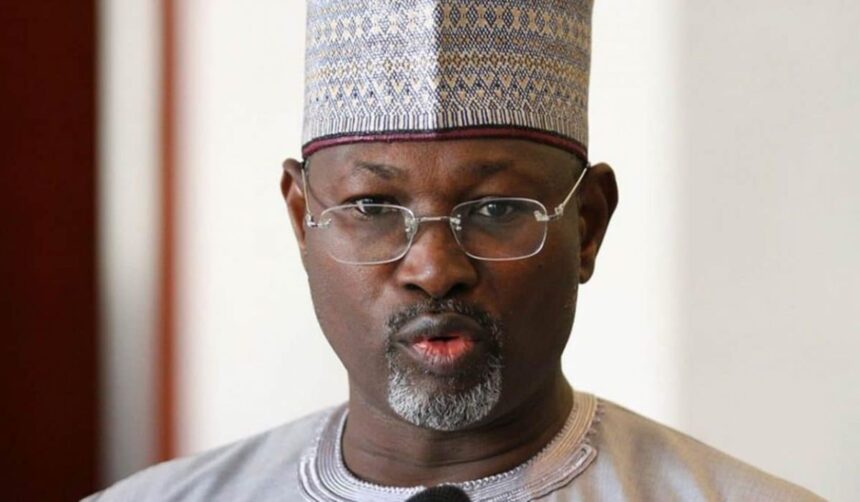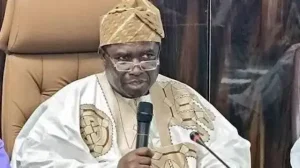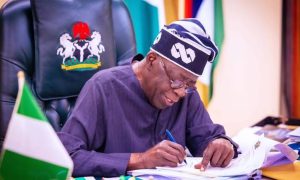
By Ola Williams-
Former Chairman of the Independent National Electoral Commission (INEC), Professor Attahiru Jega, has urged Nigeria to adopt a measured and gradual approach to electronic voting, warning that the country’s infrastructure and security landscape are not yet equipped for a full rollout.
Speaking during a panel discussion at The Platform Africa event commemorating June 12 and monitored by News.ng, Jega said Nigeria must realistically assess its technological capacity before embracing e-voting.
“In Estonia, they use internet voting, it’s a small country with advanced infrastructure,” he noted. “Here in Nigeria, we’re still grappling with basic internet access, especially in rural and underserved areas.”
Jega stressed that even countries with superior infrastructure, like India, have yet to transition to online voting.
“India has better tech infrastructure than us, but they’re still using a form of mechanical voting, not internet-based systems,” he said. “We must be cautious, too.”
Although the 2022 Electoral Act now allows for the possibility of electronic voting, a shift from earlier legislation that explicitly prohibited it, Jega pointed out that infrastructure improvements have lagged behind legal reforms.
“Between 2015 and 2019, we didn’t even have a legal basis for piloting electronic voting,” he explained. “Now the law has changed, but not much has been done in terms of the infrastructure we need. So yes, we should adopt it, but gradually. This can’t be rushed.”
He advised that INEC begin with small-scale pilot programs in urban areas or during internal elections of professional bodies.
“We can try it in cities like Abuja or within professional associations. But let’s not assume our mobile networks are ready for elections just because we use them for banking. Elections demand far more robust cybersecurity,” he cautioned.
“Using mobile technology for elections in Nigeria is simply not viable, at least not yet,” he added.
Jega also took the opportunity to defend INEC’s reliance on university professors and lecturers to conduct elections, saying the decision was driven by the need to protect the integrity of the process.
He recounted how, before his tenure, electoral officers who managed logistics were also announcing results, leading to widespread conflict of interest and opportunities for corruption.
“These same people were responsible for deployment and retrieval of materials. It became a money-making process,” he said.
After an initial refusal from the Academic Staff Union of Universities (ASUU), Jega reached out to vice-chancellors to help recruit trustworthy academics for election duty.
“We selected based on transparent criteria. It was a deliberate effort to find people with credibility,” he said.
He dismissed media reports suggesting widespread corruption among the academics used by INEC.
“We use thousands of professors and lecturers in every election. The number who misbehave is statistically insignificant,” he insisted. “But the media latches on to the few bad eggs and paints the whole system as corrupt.”
He compared this with the use of National Youth Service Corps (NYSC) members, noting:
“We lost over a million corps members in the last election. How many were prosecuted? Maybe ten.”
Jega concluded by reaffirming his faith in the integrity of academic staff, particularly senior lecturers and vice-chancellors.
“Someone who’s spent 35 years in academia, nearing retirement, is unlikely to trade their reputation for short-term political gain,” he said.
Professor Jega’s remarks reflect a call for both innovation and caution, urging Nigeria to modernize its electoral system without compromising its credibility.



